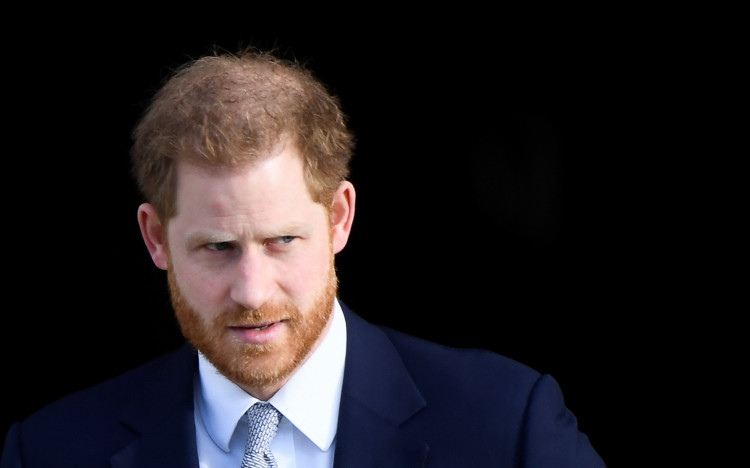Prince Harry's ongoing legal battle with the UK government over security provisions has ignited a debate about his place within the royal family and the lingering impact of his mother's tragic death. As the Duke of Sussex continues to fight for reinstatement of his security privileges while in the UK, insights from Princess Diana's former bodyguard, Ken Wharfe, shed light on the complexities of Harry's situation.
Wharfe, who closely witnessed Diana's life and her struggles with media intrusion, offered a unique perspective on Harry's current predicament. In his article for The Independent, he emphasized that Harry's decision to participate in an Oprah Winfrey interview, publish his memoir "Spare," and his lawsuit against the High Court have distanced him from the royal family. This 'freezing out' has been exacerbated by the court battle over security, which Harry deems essential for his family's safety.
For Harry, the traumatic loss of his mother in a car crash, while being chased by paparazzi, remains a significant factor influencing his actions. Wharfe highlighted Harry's longstanding concerns about media pursuit and its potential dangers, a fear deeply rooted in his personal history.
Despite these concerns, Wharfe advised Harry to accept the UK government's offer of limited protection in collaboration with his private security. This, Wharfe believes, is the most practical solution available to Harry under current circumstances.
In his public statements, Harry has expressed a desire for his children, Archie and Lilibet, to have a connection with the UK, their father's homeland. However, he insists on adequate security measures as a prerequisite for their safe visitation.
Wharfe pointed out the unique challenges Harry faces, especially given his global popularity and the media attention surrounding him and Meghan Markle. Their high-profile actions, including the Oprah interview and various business ventures in the US, necessitate a heightened level of security.
The former bodyguard stressed the need for Harry to find a middle ground in his security demands. While acknowledging the Duke's genuine concerns, Wharfe suggested that Harry should draw inspiration from how his mother handled media intrusions and privacy breaches.
The situation calls for a delicate balance between acknowledging Harry's legitimate security needs and respecting the protocols associated with his changed status as a non-working royal. Wharfe's insights offer a path for Harry to navigate these challenges while maintaining his ties with the UK and moving forward from the shadows of his mother's tragic fate.
As the Duke of Sussex continues his legal battle, the outcome of this high-profile case will likely have significant implications for his future relationship with the royal family and his role on the global stage.






